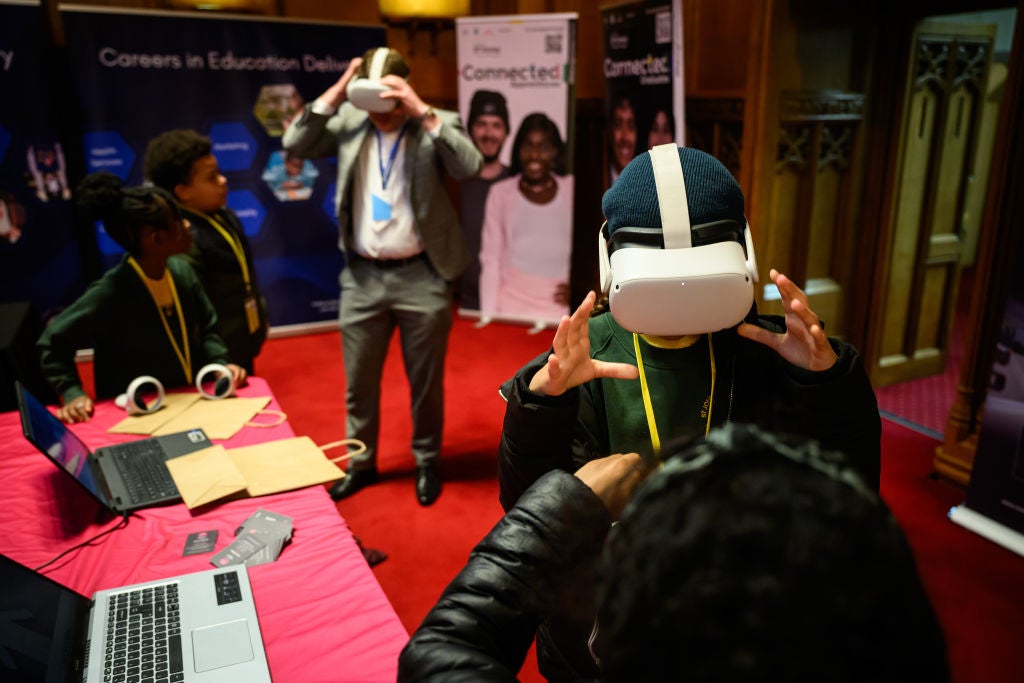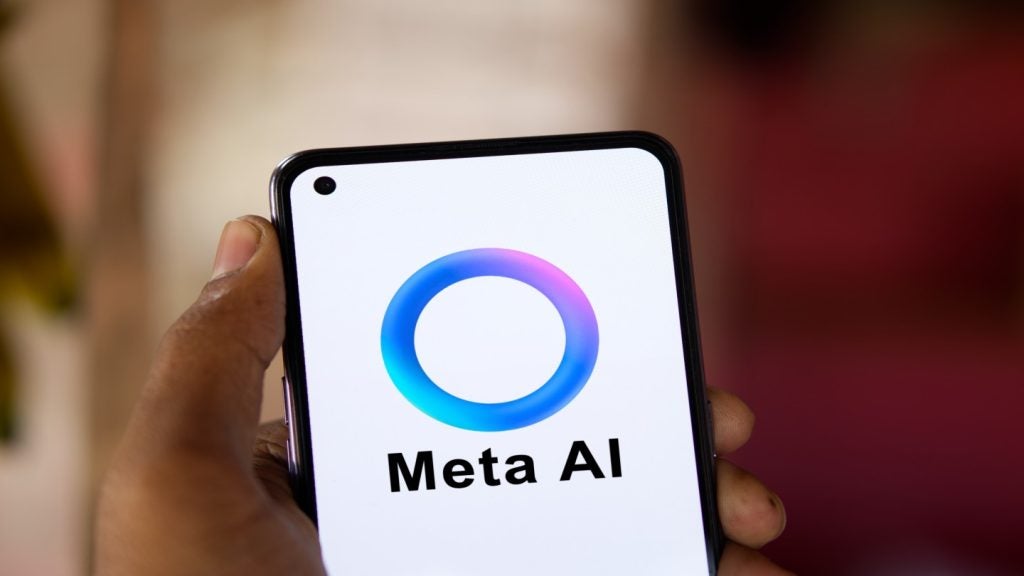
Meta is looking to bring its VR headset and the metaverse into classrooms for students as young as 13 years old, as the Facebook parent company prepares to launch its new education product.
The US company recently announced a new package for schools which would include VR and augmented reality (AR) to aid in learning, allowing teachers to program and control multiple VR headsets at once.
Students aged 13 and over will be able to use the VR and AR headset to enter the metaverse in their classrooms, visiting interactive museums and exploring 3D environments specifically designed for learning.
The tech giant’s planned move into education is the latest attempt revamping its VR and AR business.
Meta, which rebranded itself to focus heavily on the metaverse in 2021, has seen underwhelming progress in this area.
Meta’s Reality Labs division, which handles all of the VR technology, reported a $4.28bn loss in the fourth quarter of 2022. This brought its total loss to over $13bn in 2022.
How well do you really know your competitors?
Access the most comprehensive Company Profiles on the market, powered by GlobalData. Save hours of research. Gain competitive edge.

Thank you!
Your download email will arrive shortly
Not ready to buy yet? Download a free sample
We are confident about the unique quality of our Company Profiles. However, we want you to make the most beneficial decision for your business, so we offer a free sample that you can download by submitting the below form
By GlobalDataThe US company is hoping to have its Quest VR headsets in classrooms by Autumn 2024, and is hoping that a move into education will boost familiarity and interest in the technology amongst younger users.
Nick Clegg, Meta’s president of global affairs, said: “We are moving with immense, strategic patience.
“As a general philosophy in our company, what we want to do is to try and encourage the use of this technology.”
The move comes amid growing concerns about young people’s safety online and in the metaverse.
Clegg stated that Meta’s VR headsets will not be used in classrooms “unless teachers feel they have complete visibility and control of what’s going on.”
Adding: “And crucially, that parents, particularly of the younger kids, feel that too, otherwise, why would you use this in an educational setting?”
Meta is expected to spend up to $99bn in 2024, with most of the spending reportedly going towards implementing the infrastructure for VR and AI tools.
The company’s new education-focused technology, which does not currently have a name, will allow teachers to give their students access to specific education apps within the devices.
According to reports, the education product would likely fall under a subscription service like the company’s Quest for Business.
Competitors to Meta’s Quest Pro include Apple’s Vision Pro and Sony’s PlayStation VR 2, all of which have seen underwhelming success as the VR/AR industry failed to take off.
VR/AR deals in the US totalled $750m across 70 deals in 2021, according to GlobalData's deal database.
In 2022, deals in the VR/AR market showed a significant drop, totalling just $573m across 60 deals.
This dropped again in 2023, with deals across the VR/AR market totalling $313m across just 35 different deals.






